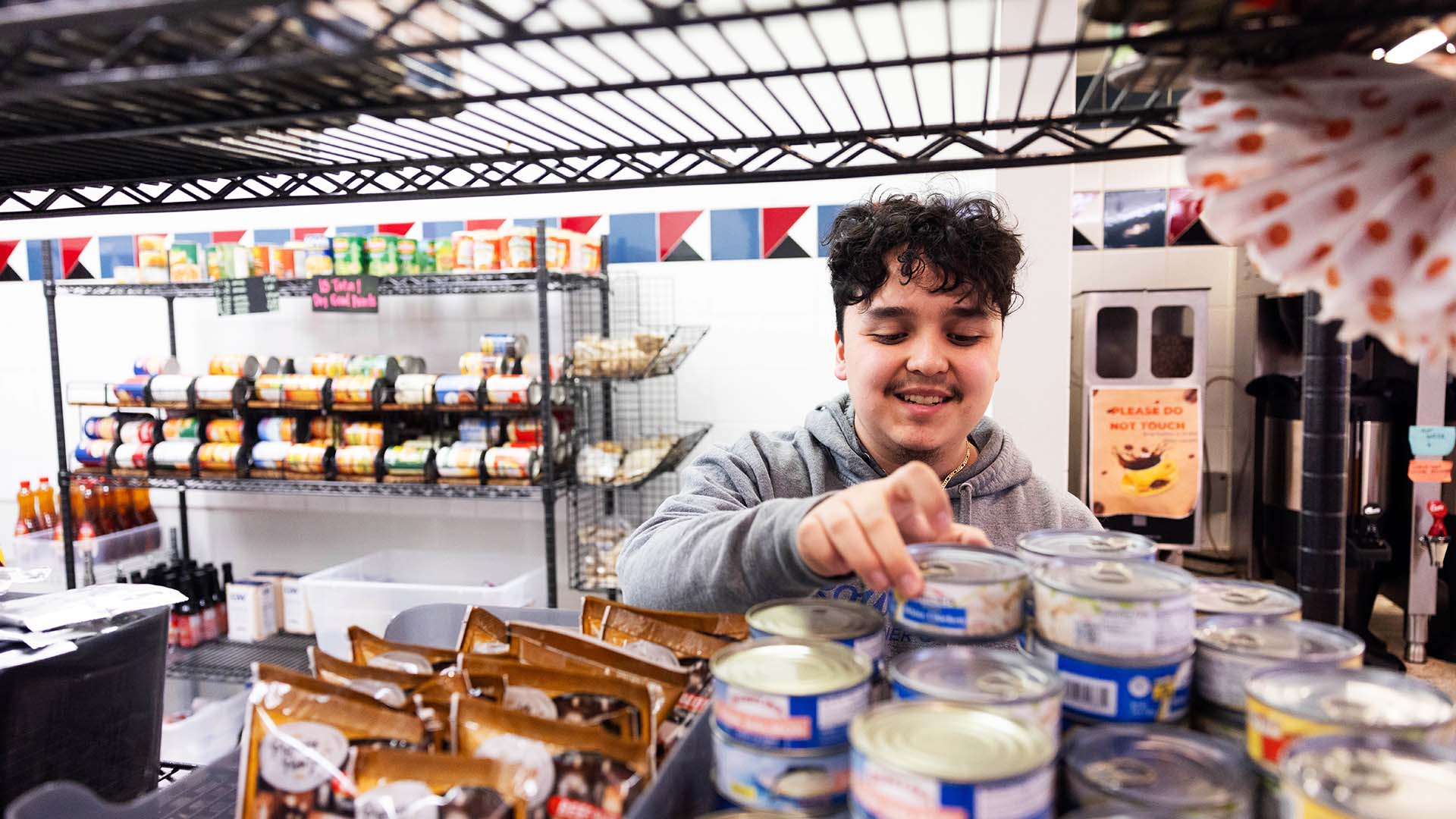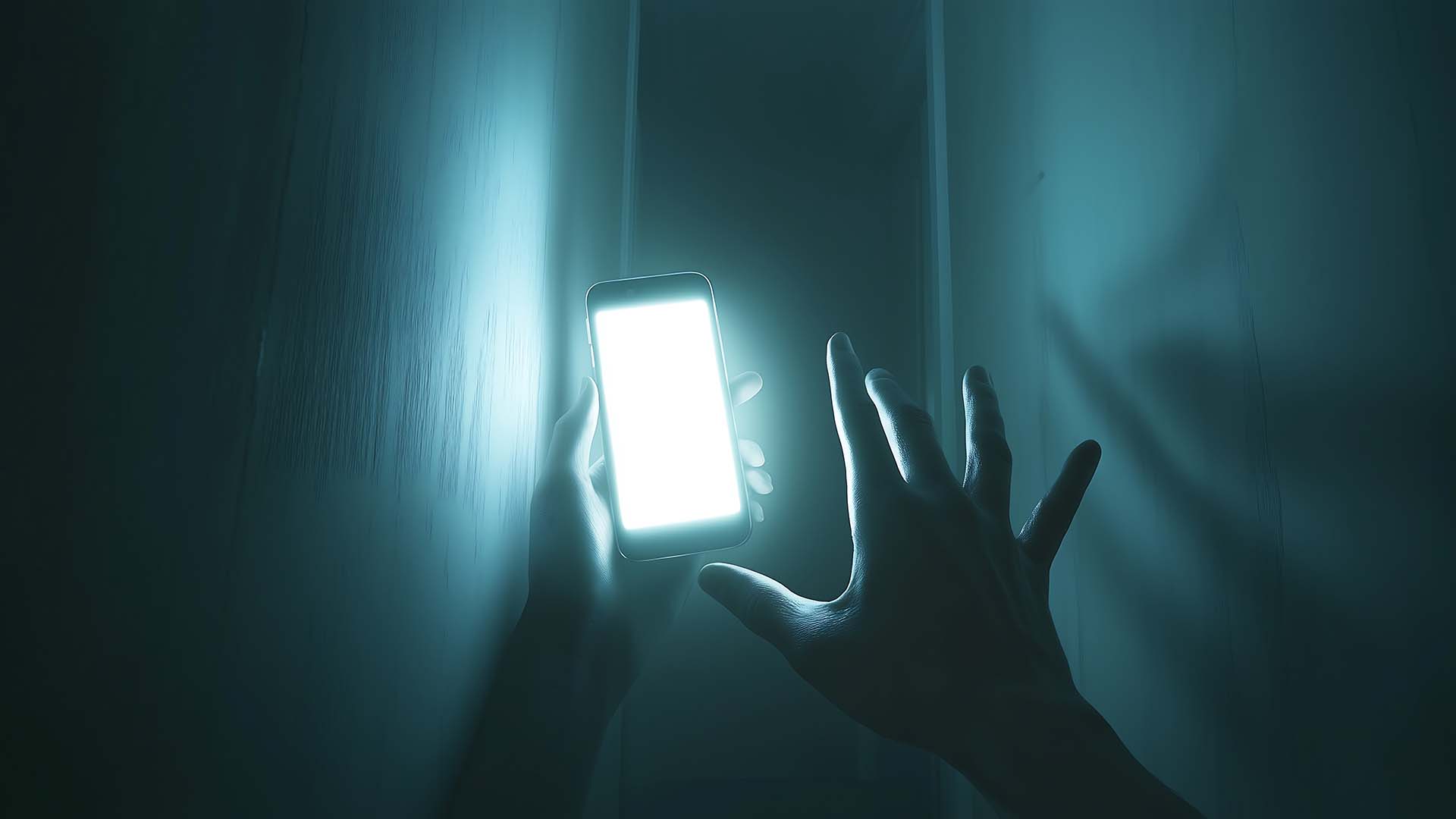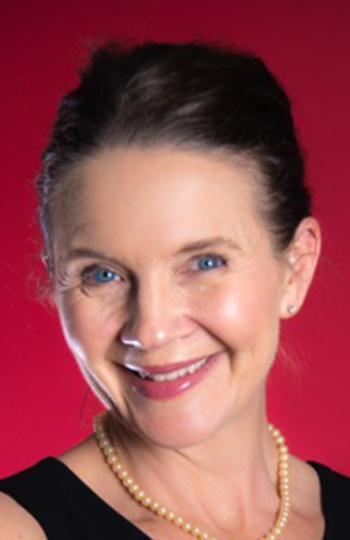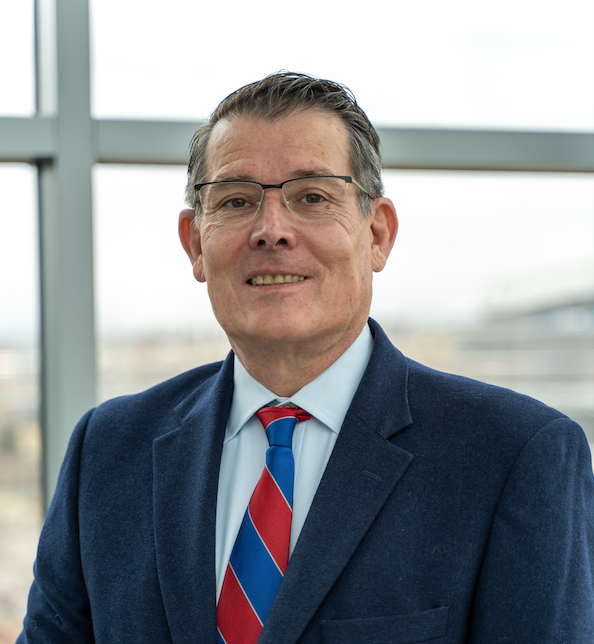Health care partnership scales Colorado COVID-19 contact-tracing effort
Here’s how Tri-County Health Department, MSU Denver and Front Range Community College are joining forces to increase capacity – and compassion – in coronavirus contact tracing and positive-case investigations.
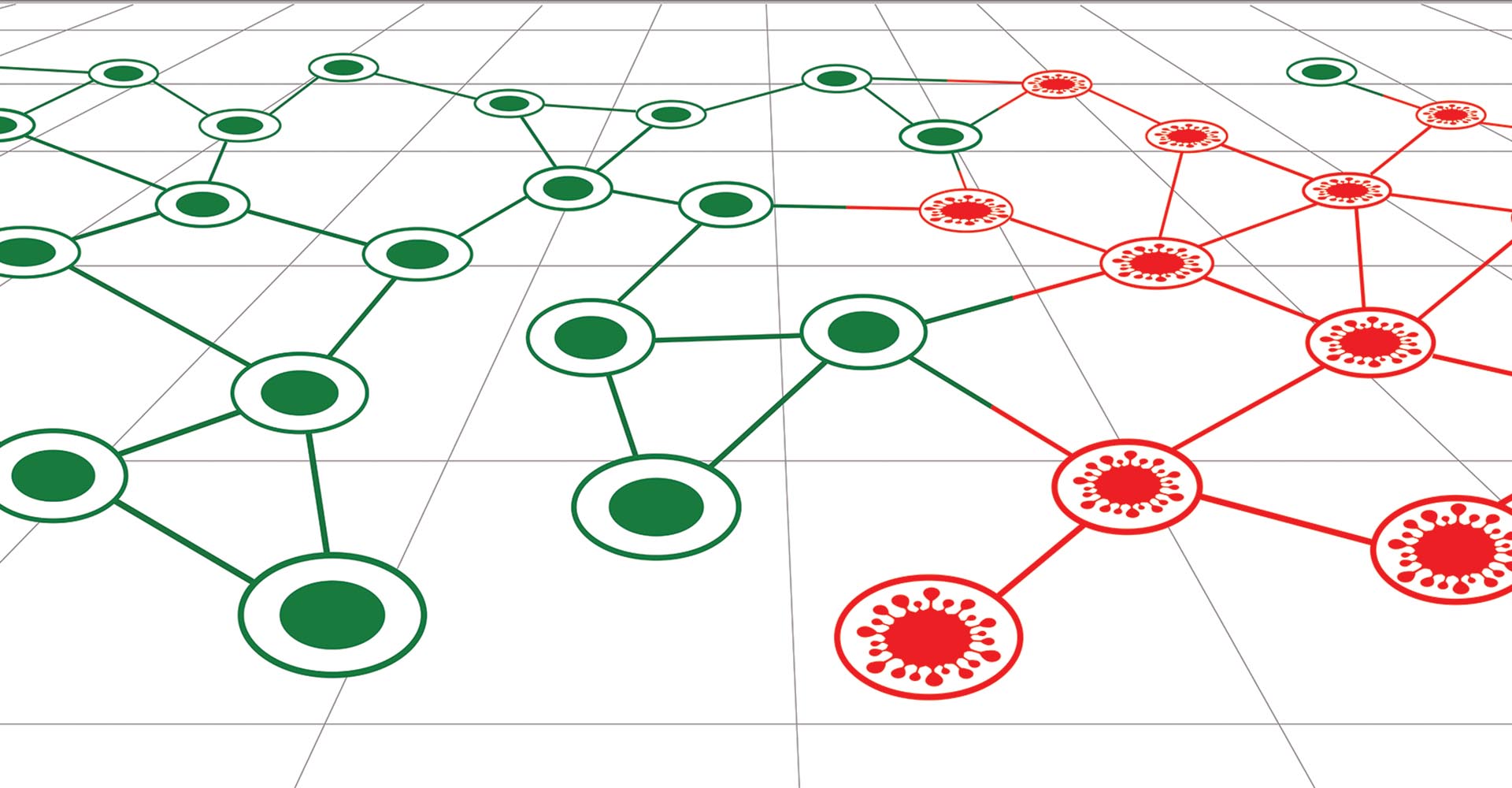
Anne Petelo is asking residents of Adams, Arapahoe and Douglas Counties to answer her cold calls.
As one of Tri-County Health Department’s 200-plus COVID-19 contact tracers, she phones people who may have been exposed to the coronavirus as well as those who’ve tested positive to walk them through care protocols.
“It’s a scary situation for people – you’re asking personal questions, and many are already feeling sick,” Petelo said. “You have to be able to establish trust quickly; that relies upon both honesty and compassion.”
The Metropolitan State University of Denver Lifestyle Medicine student took on the job after Tri-County Health, Front Range Community College and the University formed a partnership last April to ramp up contact tracing and COVID-positive case investigations. The health department serving more than 1.5 million Coloradans outsourced the scaling logistics to experts in MSU Denver’s Health Institute, led by Erin Seedorf, Dr.P.H., assistant professor of health professions.
Case investigation and contact tracing are basic intervention strategies to stop the spread of a disease. The former involves working with those who are identified as testing positive for COVID-19 from state health-department data and walking them through isolation protocols based on symptoms. The latter relies on constructing case-investigation data to determine possible points of exposure and notifying people who may be affected.
“(Contact tracing) is a critical component to reopening communities,” Seedorf said. “If and when places reopen, they have to have a mechanism in place to identify hotspots when they pop up to ensure that the spread is contained.”
An exercise in compassion
Contact tracing and case investigations are often exercises in compassion, Petelo said. For instance, she recently spoke with a person who tested positive days after losing her father to the virus.
“You could tell from the tone of her voice that she was scared and in a fog,” Petelo said. “It makes me feel good that I was able to help her out even a little by giving her guidelines on what to do to stay safe.”

Understanding the context of and showing empathy for those being contacted are critical to ensure that residents follow through with recommendations that stem the spread of COVID-19, said Tenesha DuBose, workforce-development coordinator with Tri-County Health Department.
“Cultural competency is something needed within any element of public health,” she said. “When you’re on the phone with someone, you don’t know what their background is until you start talking with them.”
In addition to direct application of Lifestyle Medicine classwork, Petelo said the tools she uses to make person-to-person connections will serve her well in her career in health-and-wellness coaching. Many of the people she contacts are already not feeling well and experiencing COVID-19 symptoms such as fatigue, coughing, fever and body aches.
“So much of it is just giving people the space to talk,” she said.
Scaling trust
Statewide, Colorado also has training protocols in place for local agencies through the Rocky Mountain Public Health Training Center. Nationally, information is available from Johns Hopkins University and the Centers for Disease Control and Prevention as well.
“What (those resources) don’t have, though, is the application of how contact tracing and case investigation happen within specific locales,” Seedorf said.
To launch the massive effort in a matter of months, Seedorf collaborated with peers at Front Range Community College to create a training infrastructure, incorporating curricular content and the platform to strategically deploy it.
“We were faced with an emergency and needed to build the scaffolding, all within a cash-strapped and fast-paced environment,” she said. “In addition to providing a resource for (Tri-County Health), we were able to create these temporary employment opportunities for students who now have skill sets that will help them gain entry into the health care field.”
All of the processes are contingent on the connection and trust necessary to see them through, however, which is what makes the job that Petelo does as a contact tracer and case investigator all the more important, DuBose said.
“Everyone from MSU Denver comes with the desire to help, and that has a direct impact on response efforts,” she said. “That says a lot about a person when they’re willing and able to just jump right in.”

